Sac State students discuss the impact of police brutality on their communities
Sacramento State’s Student Social Justice and Equity Council held a student forum to start a conversation about police brutality and to share student perspectives, experiences and thoughts concerning police violence Monday, Nov. 9 via Zoom. Screenshots taken by Gerardo Zavala via Zoom.
November 9, 2020
Sacramento State Associated Students, Inc.’s Student Social Justice and Equity Council held a student forum called “Together We Rise” to start a conversation about police brutality and provide an opportunity for students to share their perspectives, experiences and thoughts concerning police violence, according to the ASI website, Monday via Zoom.
Danielle Cochrane, ASI director of education and Student Social Justice and Equity Council chair, hosted the event for student panelists.
Students speak about police impact on their communities
Carmen Martinez, an English major, said she was born and raised in Sacramento and has seen police officers arrest her family and friends.
“I’ve seen my community hurt so much due to the abuse and murder that our police department has inflicted on the community,” Martinez said.
Miles Meckling, a theatre major and co-founder of Sac State’s BE FREE movement, argued that it is important to understand the history of the police.
“The police stemmed from slave patrols, and then they kind of morphed into the modern day version, but those ideas are still present,” Meckling said.
Meckling questioned the traditional police motto of ‘protect and serve’ in the context of being a person of color in the United States.
“Who do I call when I’m in trouble?” Meckling asked. “Often times we’ve seen videos where the people that need help and call the police are the people who have been harassed by police.”
Students express their reactions and solutions for their communities concerning recent protests
Jayda Preyer, criminal justice major and president of Sac State’s Black Dance Collective club, argued using the phrase “refund the community” would be more effective than saying “defund the police.”
“If we lead with refunding the community, how would that look to society?” Preyer asked. “Then you would be able to determine whether people are really mad about us defunding [police paychecks] or if they really care about helping the community.”
Preyer said she works for the Sacramento-based nonprofit Black Youth Leadership Project, who were asked to speak with the Sacramento Police Department in October regarding issues with the community.
Preyer said she spoke with several officers and a captain who acknowledged they were not equipped to handle certain calls involving mental health issues.
“It becomes really problematic when they [police] are saying they don’t want to defund the police but they’re not fighting for what they really need,” Preyer said.
Meckling argued that the United States needs to look at other nations and how their police systems work. He said that the police in this country are reactionary and have become militarized in their responses to protest.
“I don’t think that a police cruiser needs to be decked out with something that they’re using in the military,” Meckling said. “That sends a very clear message to the communities that you’re using them on and the communities that you’re not using them on.”
Meckling argued that the police budget needs to be divided among the community to help fix problems and that there needs to be longer and better training for police.
Student views on news coverage of police violence
The panelists agreed and argued that news coverage of police violence and responding protests desensitizes and normalizes the killing of minorities and focuses more on the destruction and damage to infrastructure instead of why people are protesting.
“When I watch local news coverage on protests, they’re constantly talking about property damage,” Martinez said. “That just takes away so much from the lives being lost and the whole reason people are protesting in the first place.”
Kehaulani Prodigalidad, cultural anthropology major, said media coverage of police issues is biased because of the amount of attention property gets during protests.
“I think that property can be replaced, lives cannot,” Prodigalidad said. “People are protesting for equality, but they [media] are only focusing on infrastructure.”
Sac State student Edleen Roberts said seeing police killings on the news desensitizes people and normalizes these events, especially when officers are acquitted for crimes that they have committed.
Roberts noted that George Floyd’s death being broadcast on TV also desensitized his death and normalized the image.
“Having that broadcast on the news messes with your head,” Martinez said. “That just perpetuates the desensitizing to these issues.”
Students offer suggestions on how to be allies that support members of the BIPOC community
Prodigalidad said educating oneself on the history of policing and its impact on Black communities is a better method of being an ally than sharing black suffering, such as images of George Floyd’s death.
“It’s not enough just to be not racist, you have to be vocally and aggresively anti-racist,” Prodigalidad said. “What are you doing to be a good ally to protect your Black friends and Black family members?”
Preyer said she believes allies should be proactive and vocal about the issues the BIPOC community is dealing with.
BIPOC is a term referring to Black, Indigenous and People of Color.
“It’s very much about being vocal and being able to do what you say you’re going to do and listening to the community that you’re trying to help,” Preyer said.
Meckling said during in-person events allies should be there to support but also know how to stay in their lane.
“You are there to stand up for, not speak over,” Meckling said. “Leave the judgement and savior complex at the door.”
Meckling also encouraged people to find ways to help communities and not wait until something happens to take action.



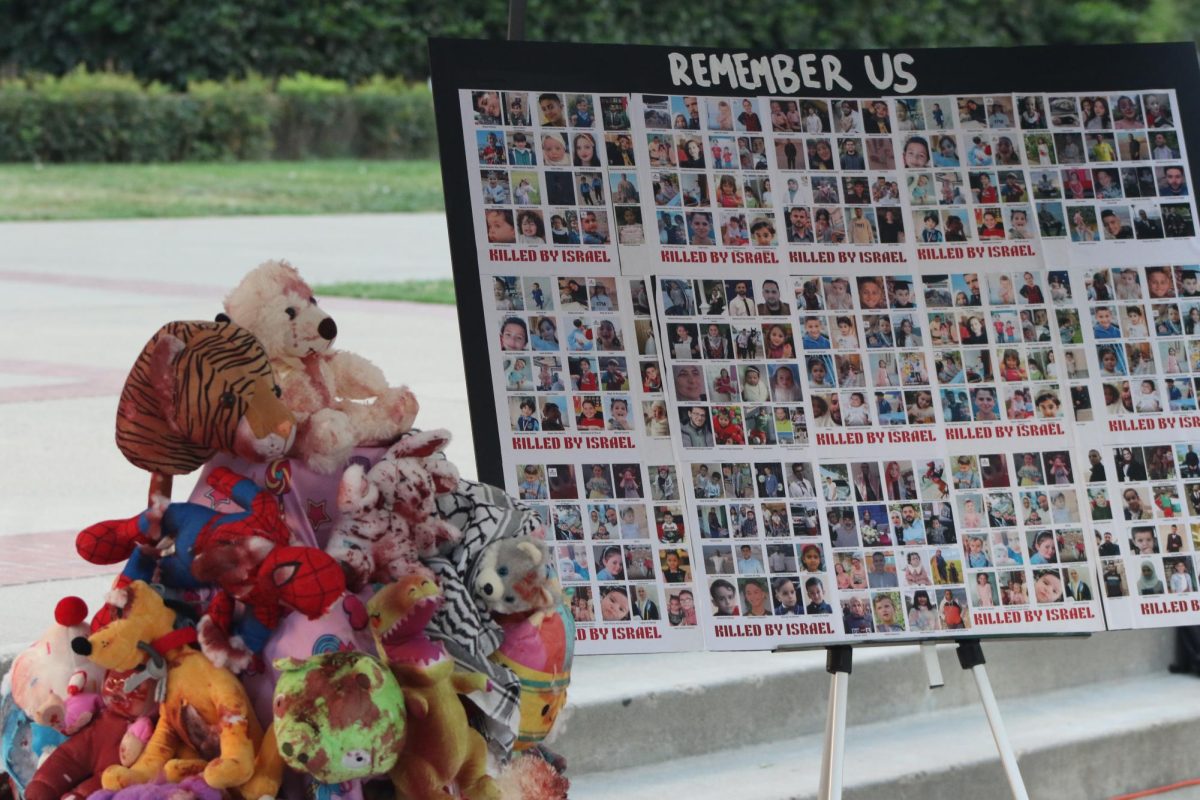
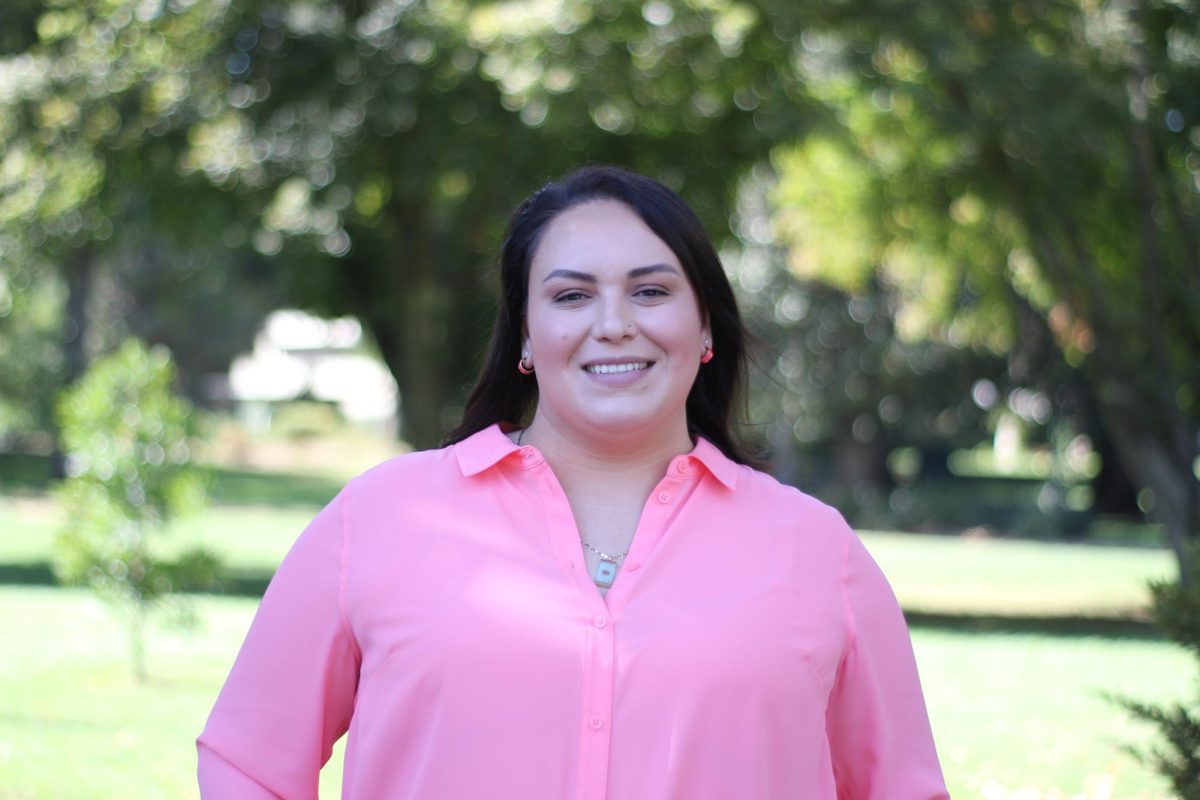
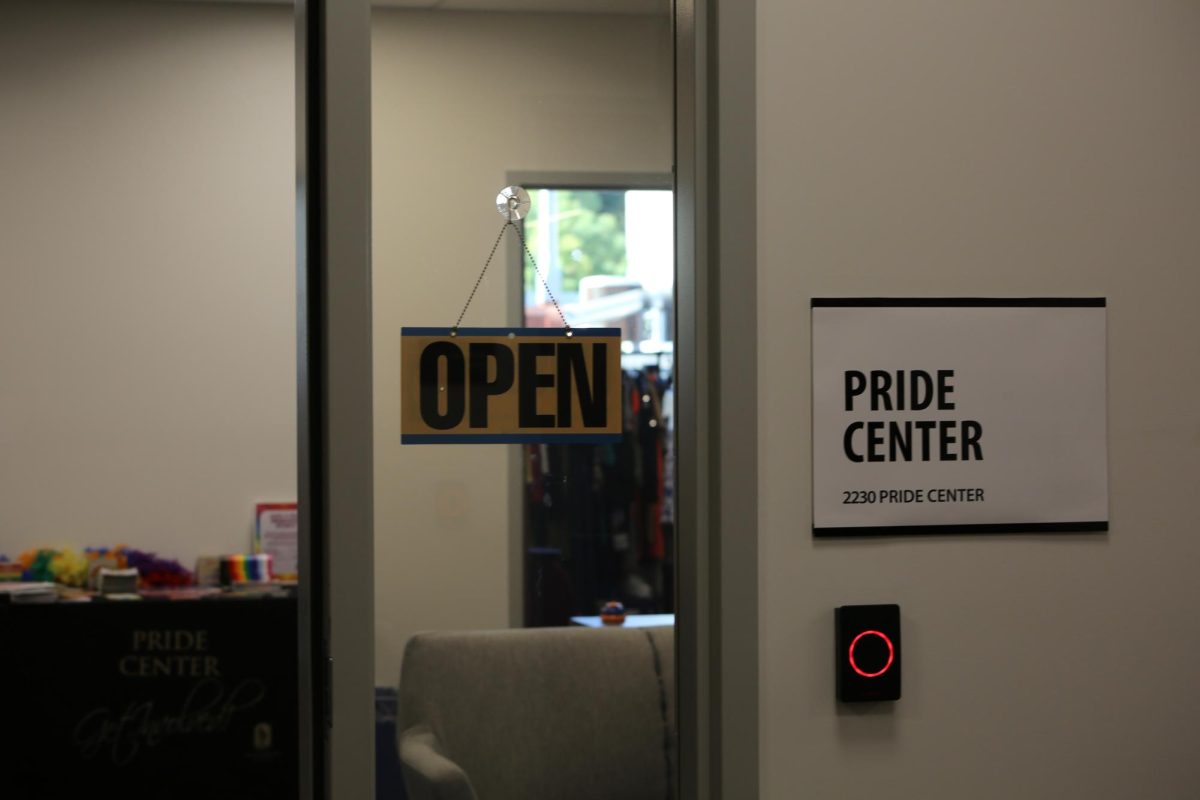
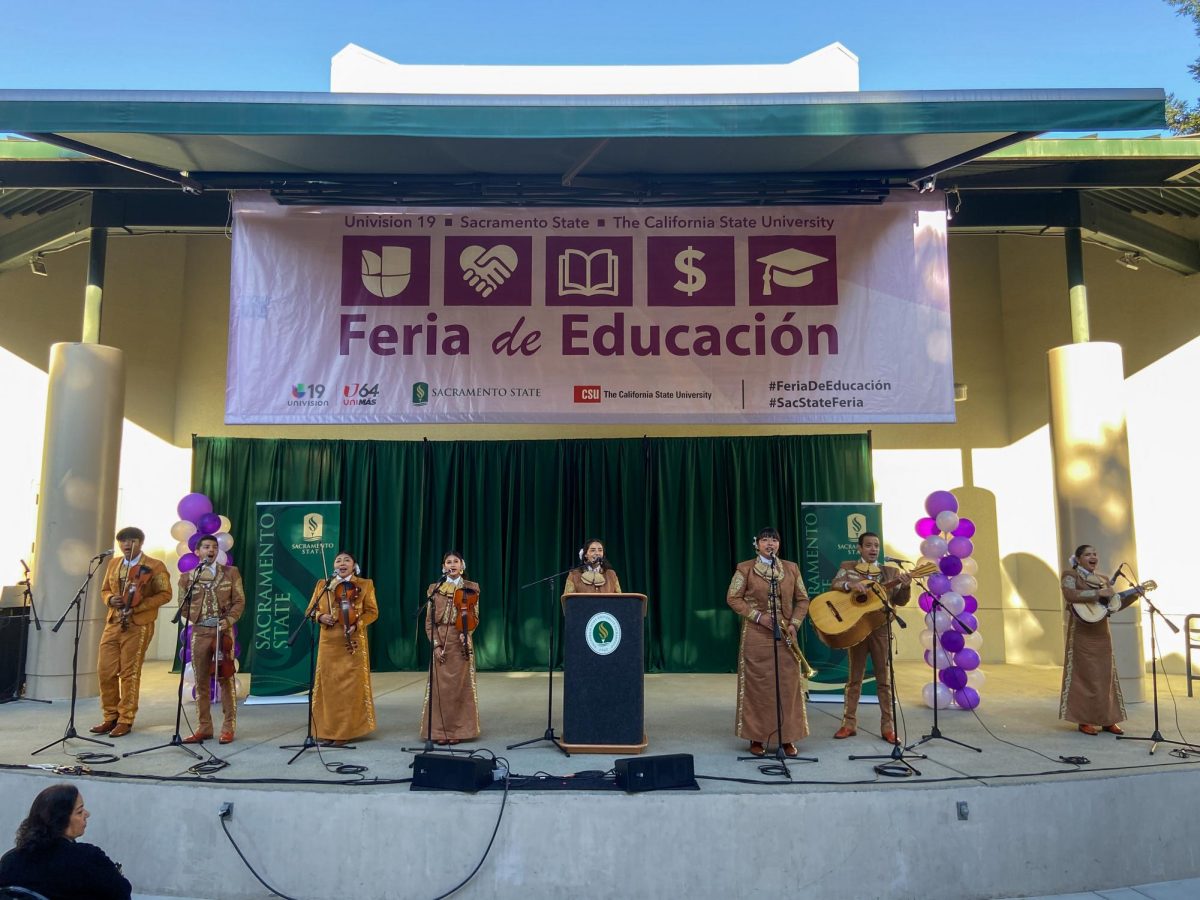



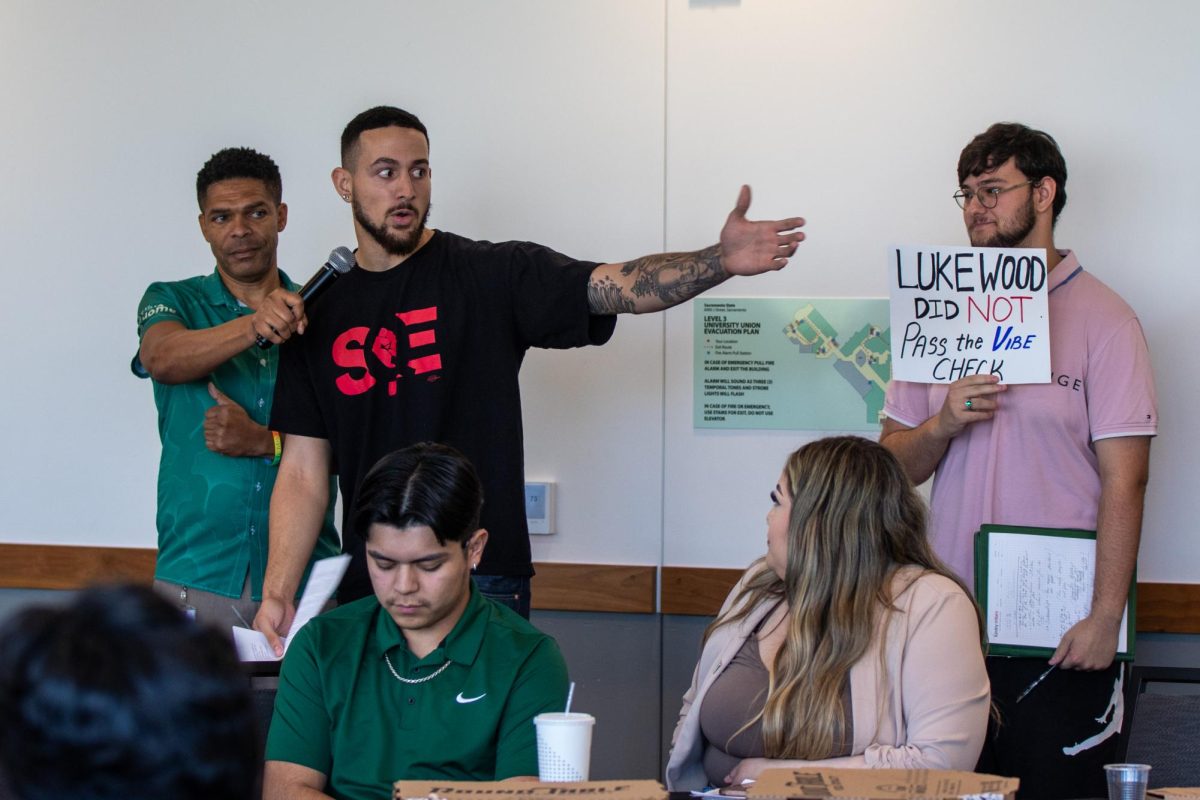
















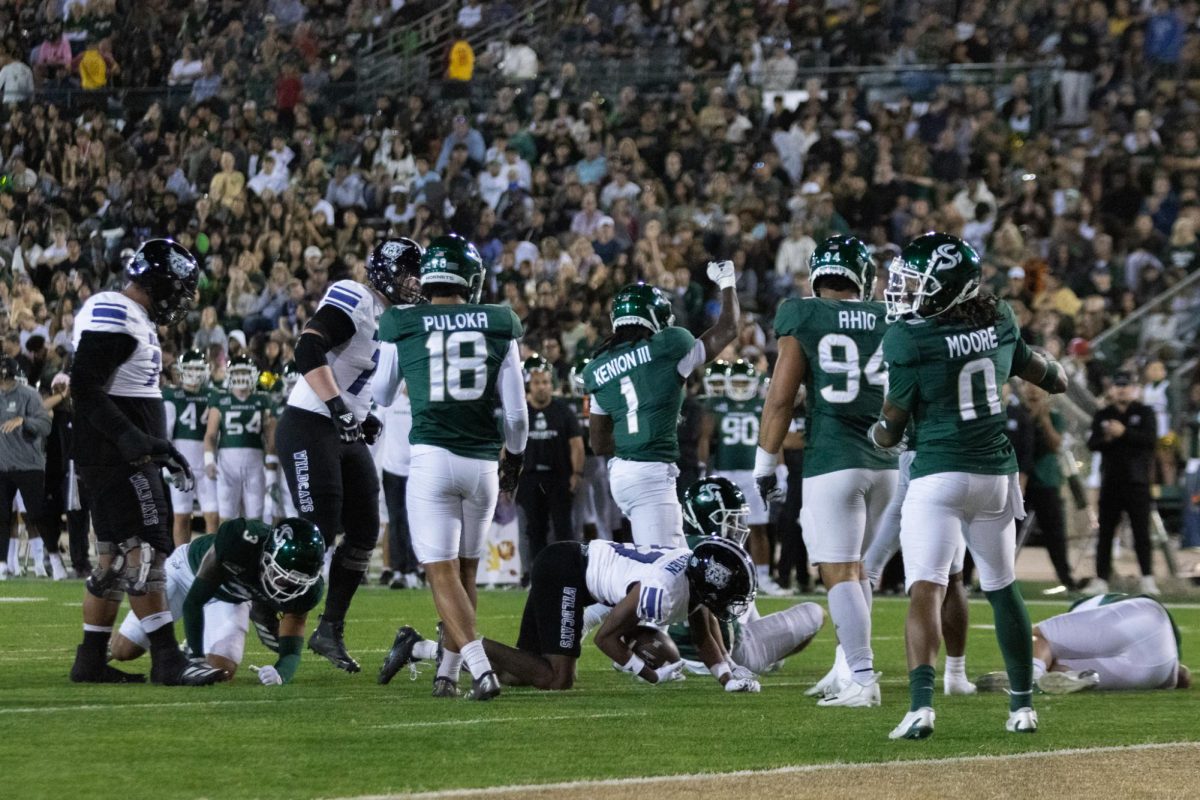
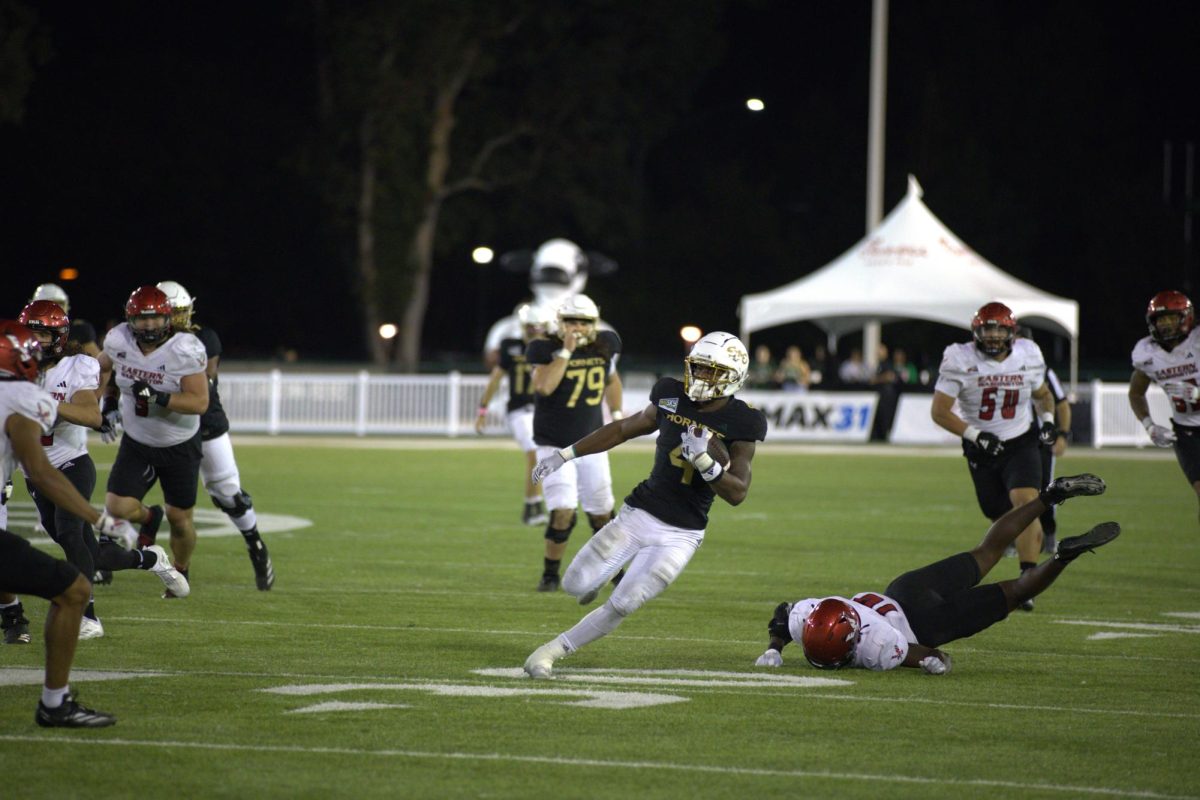
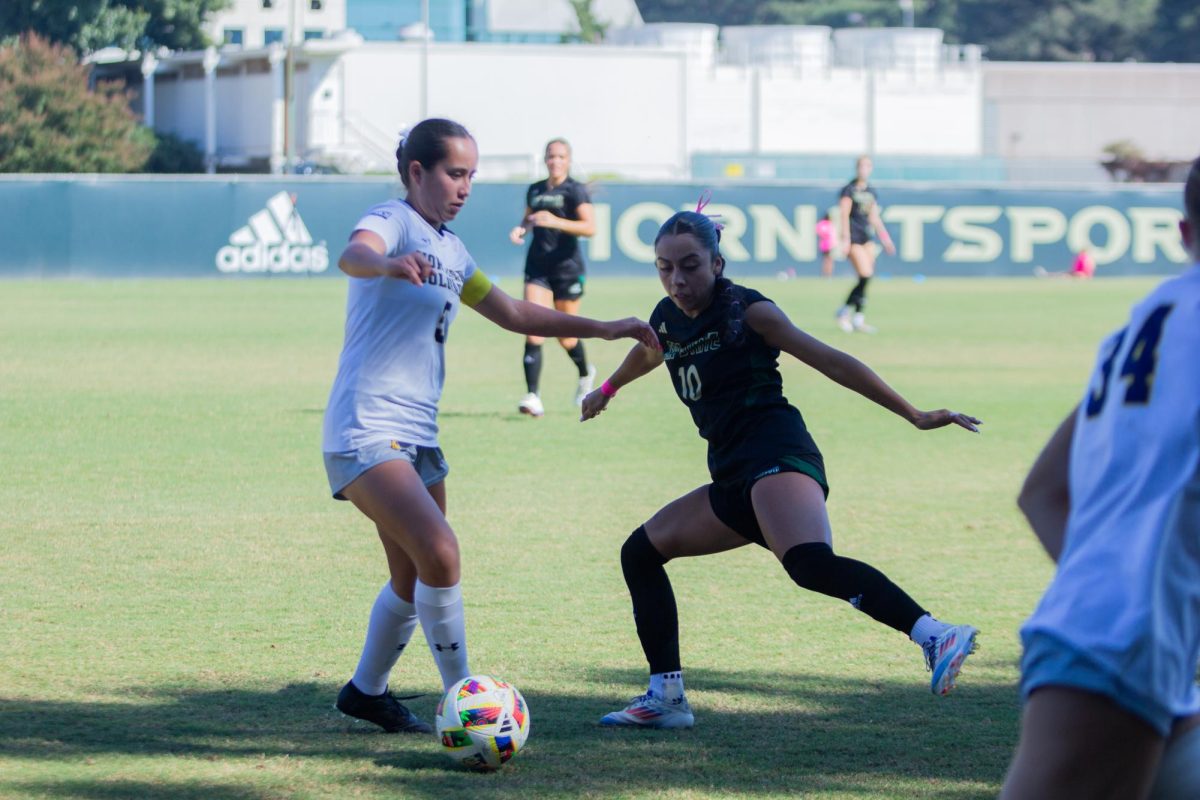

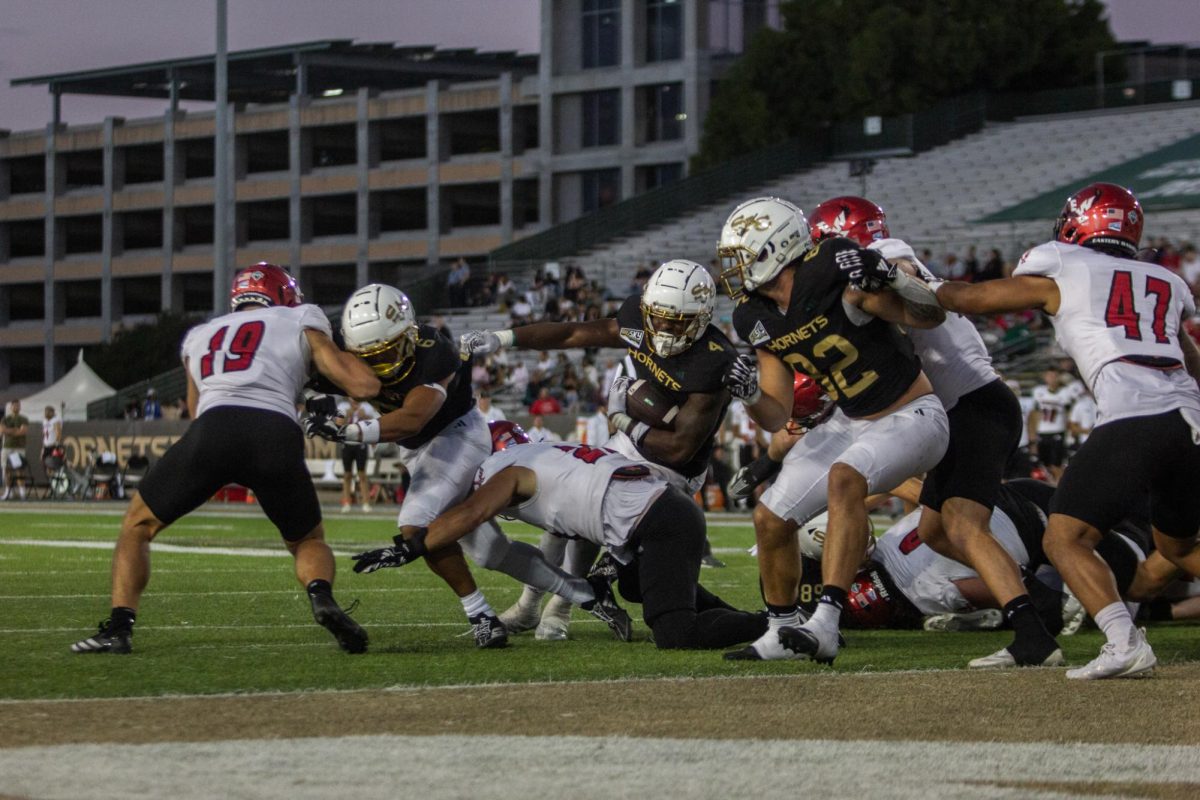
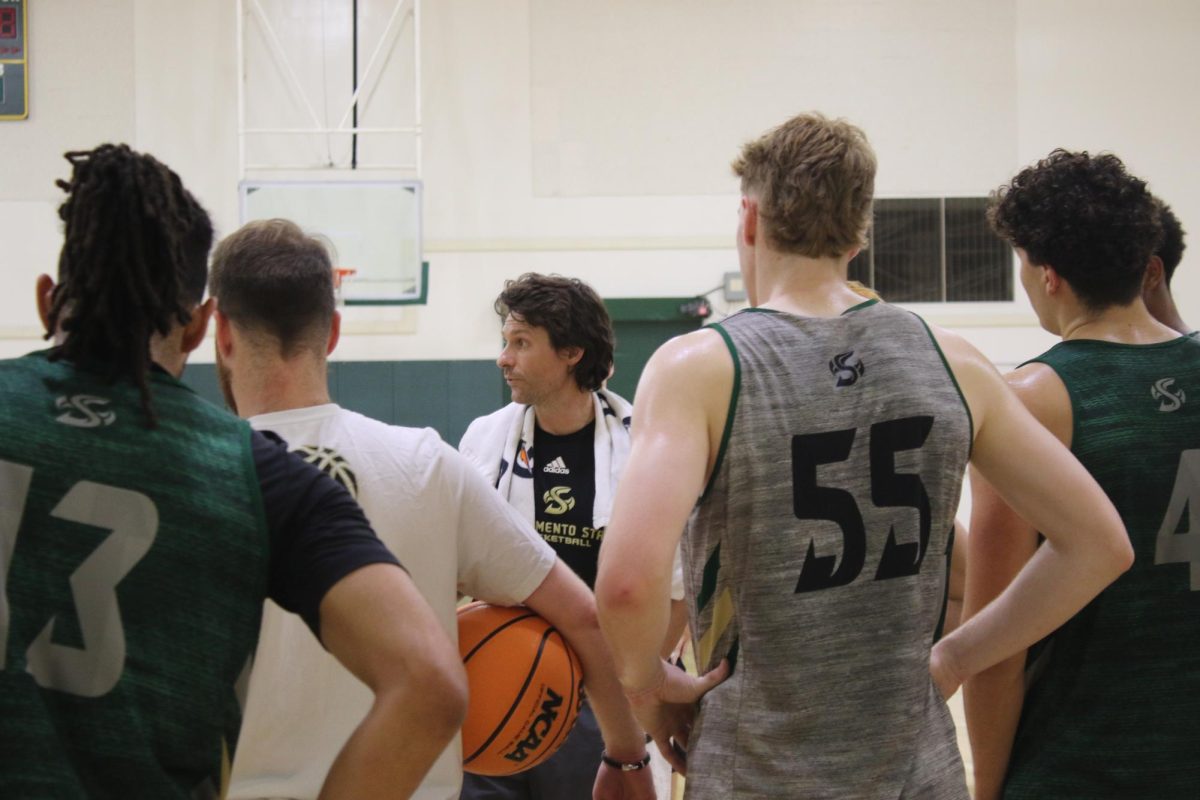









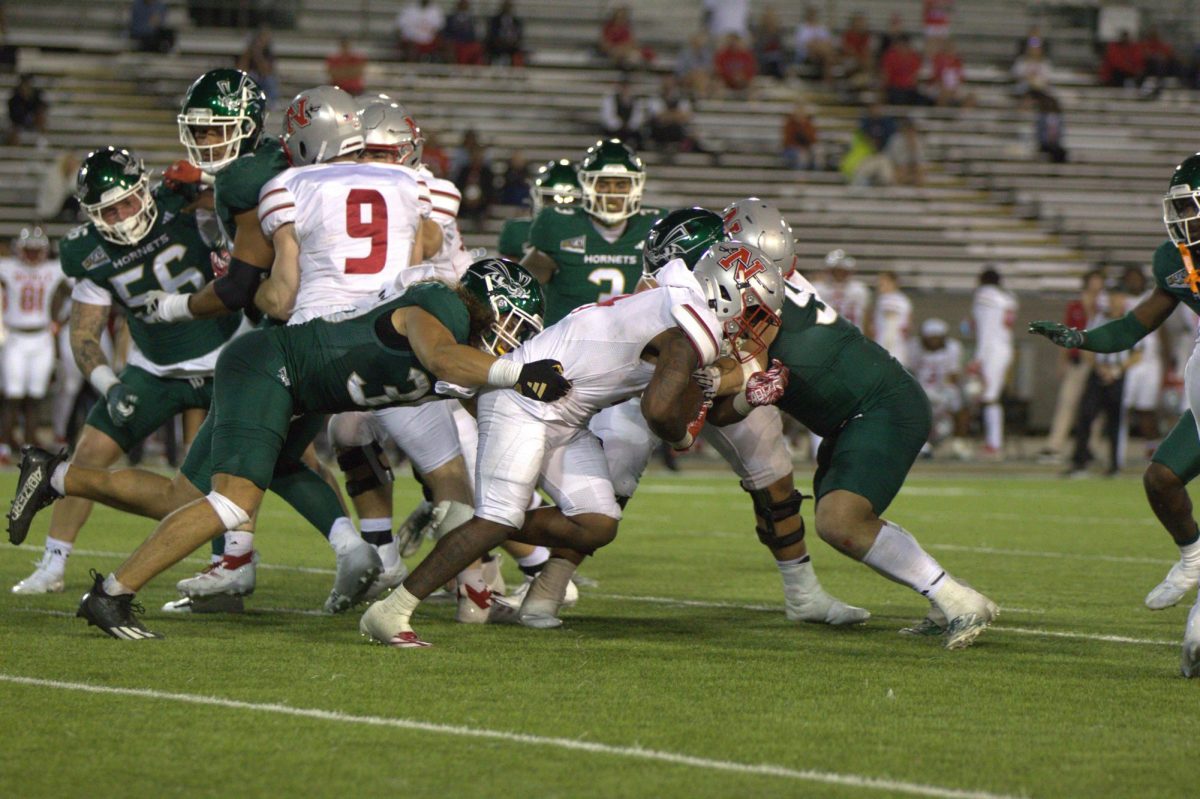






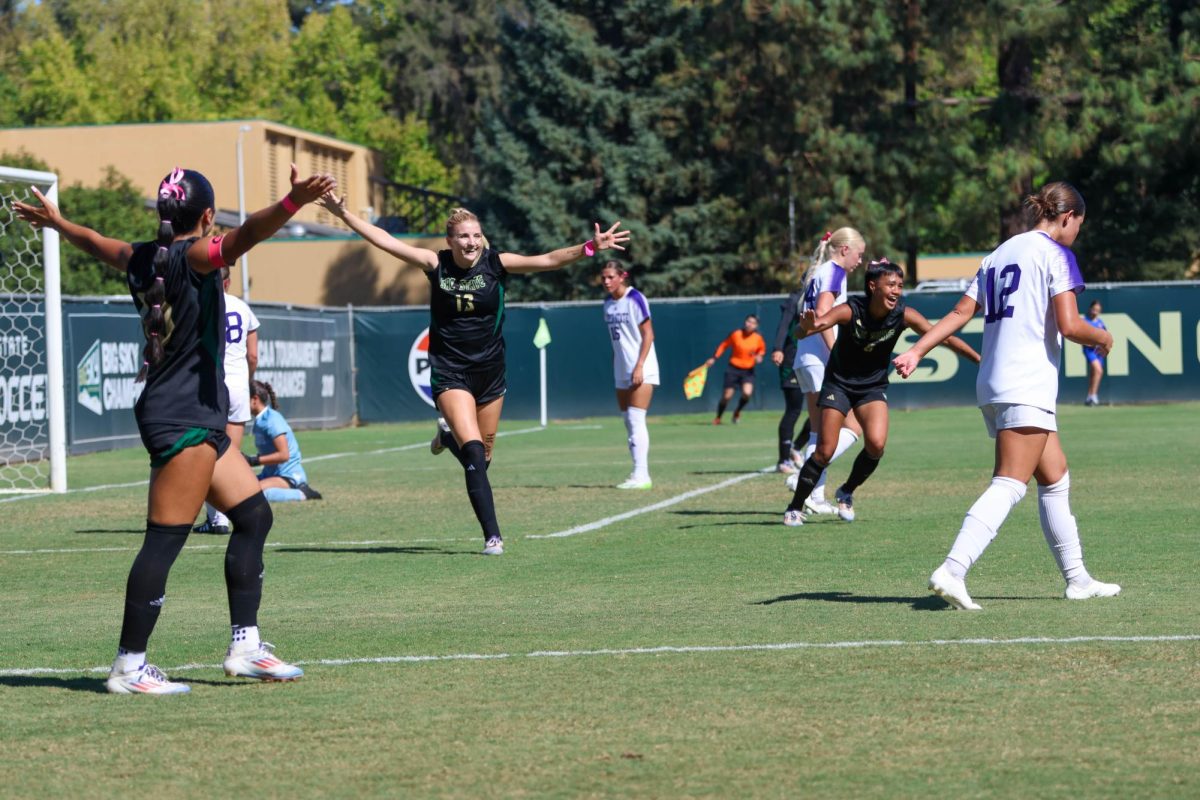
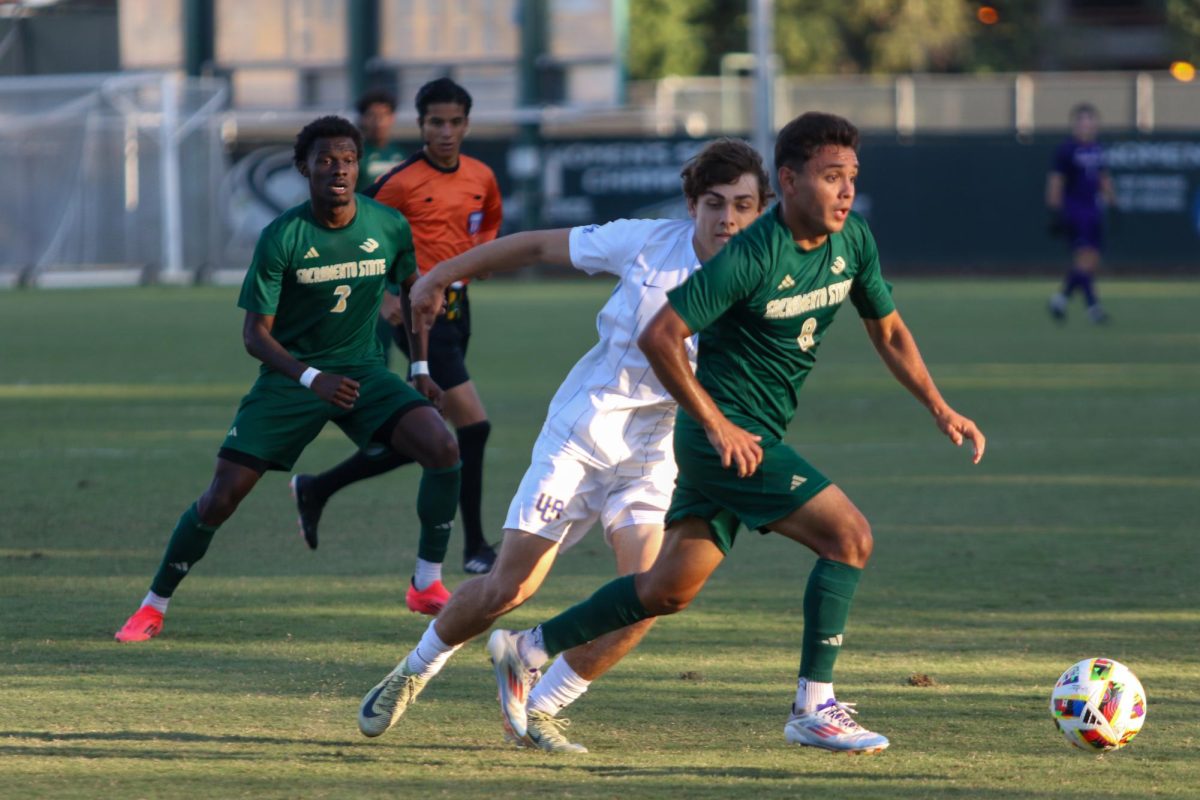
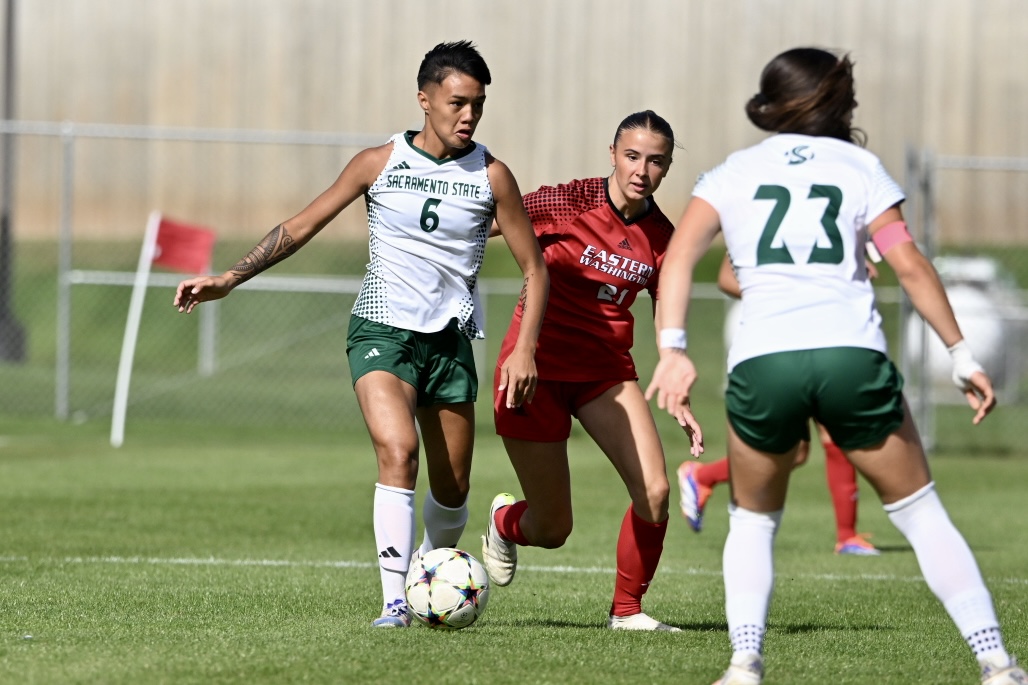
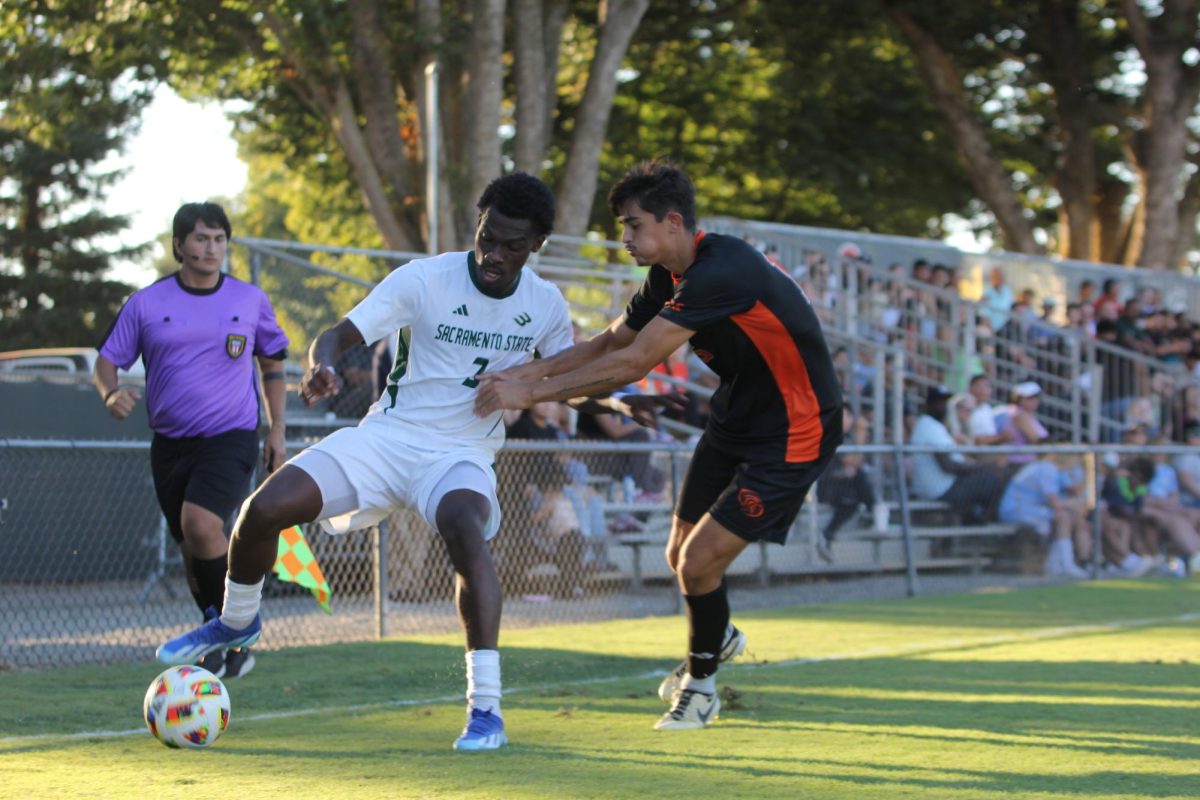















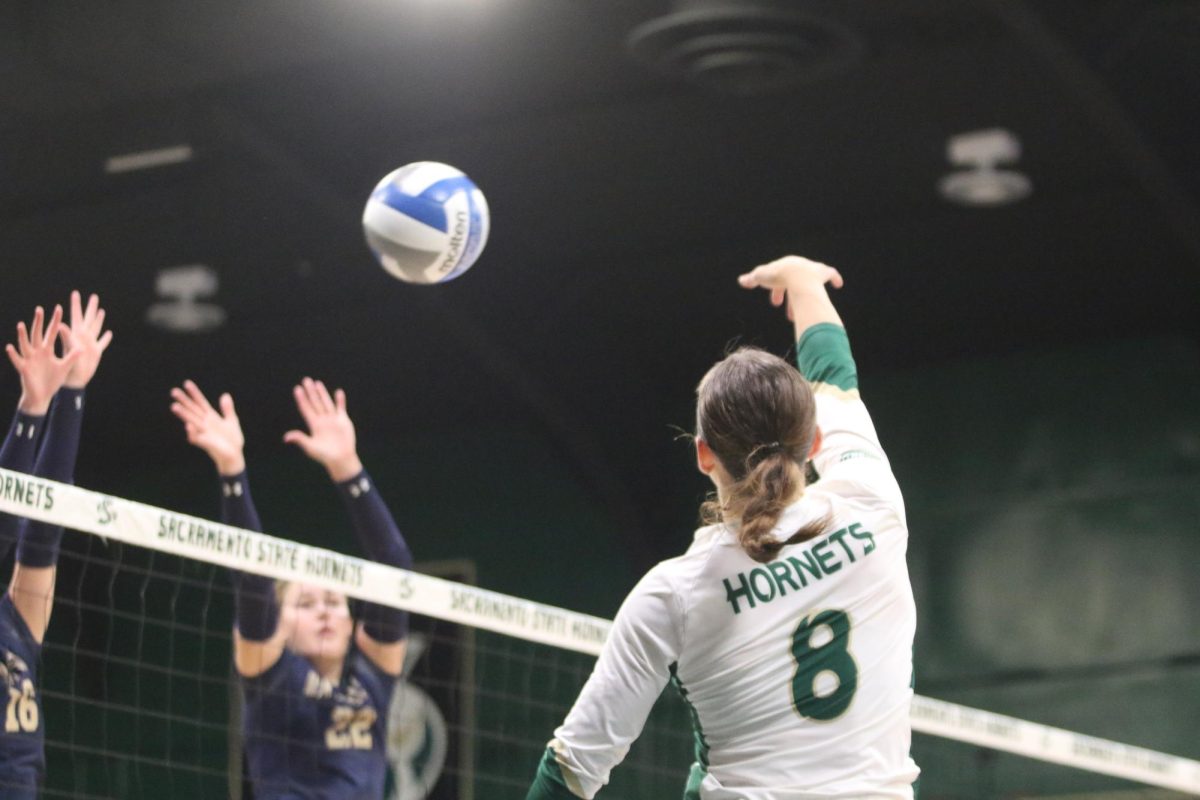
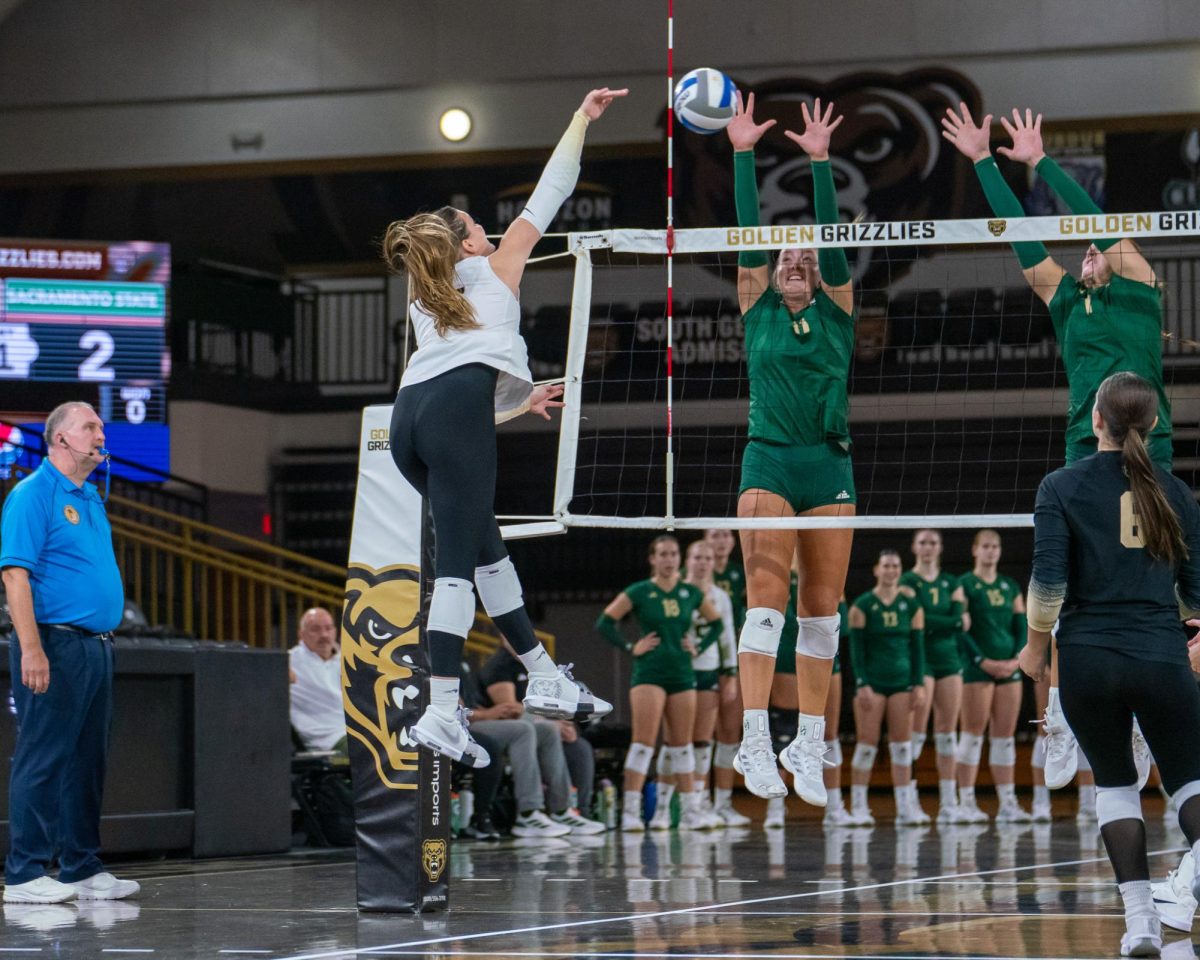
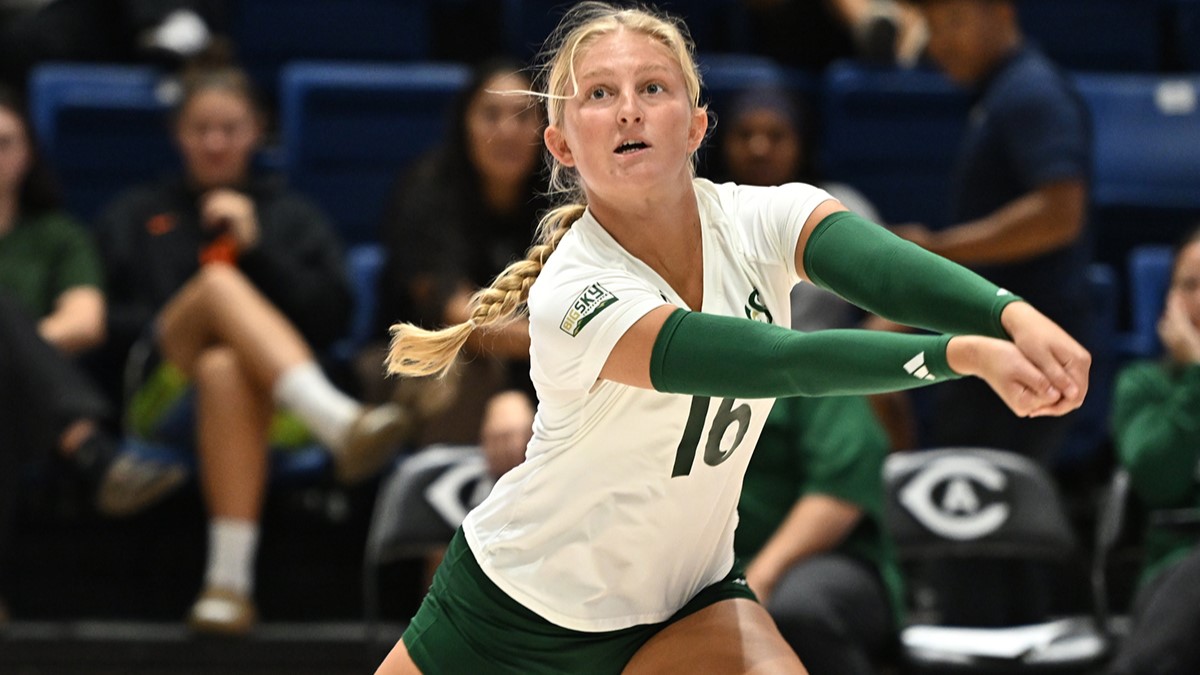

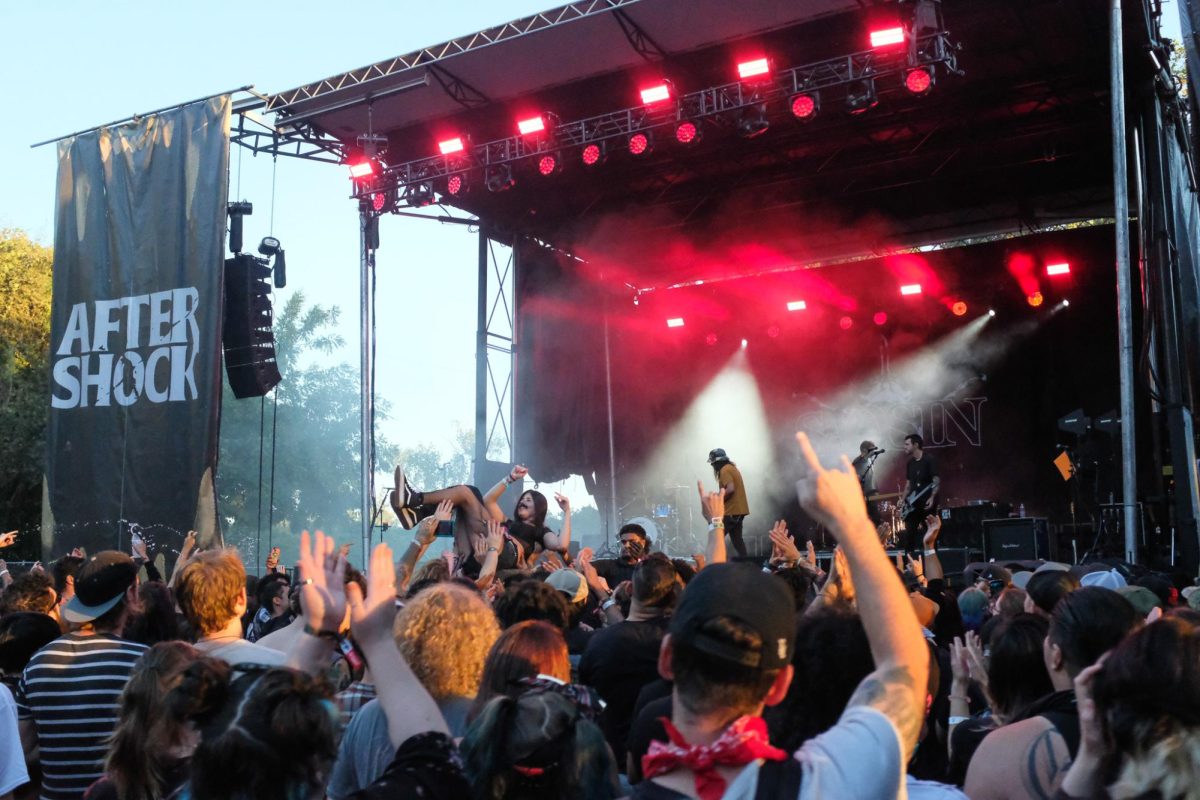
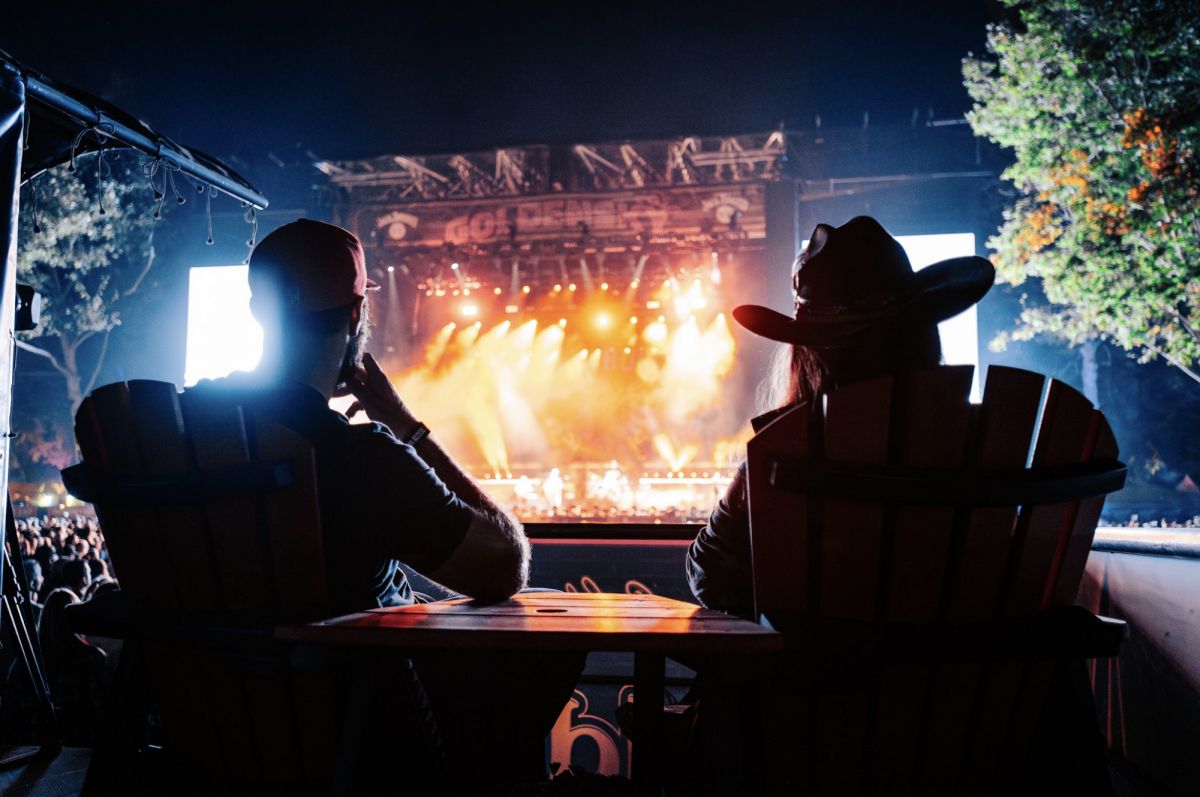
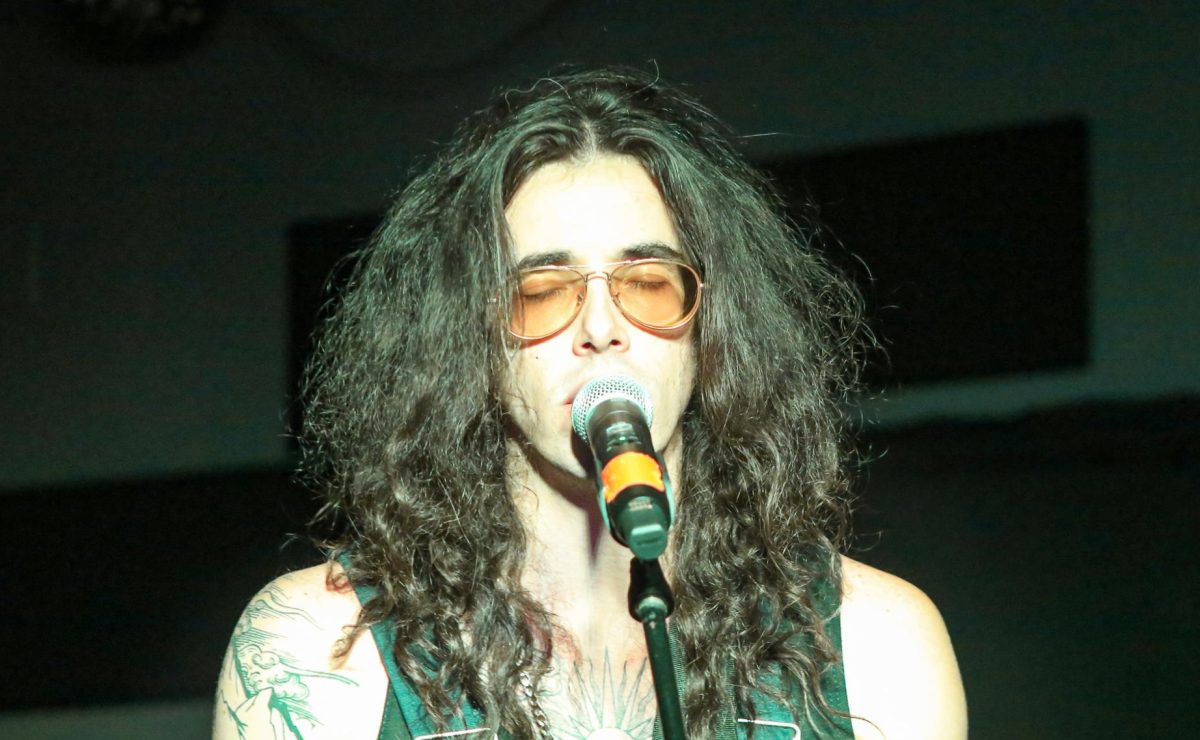











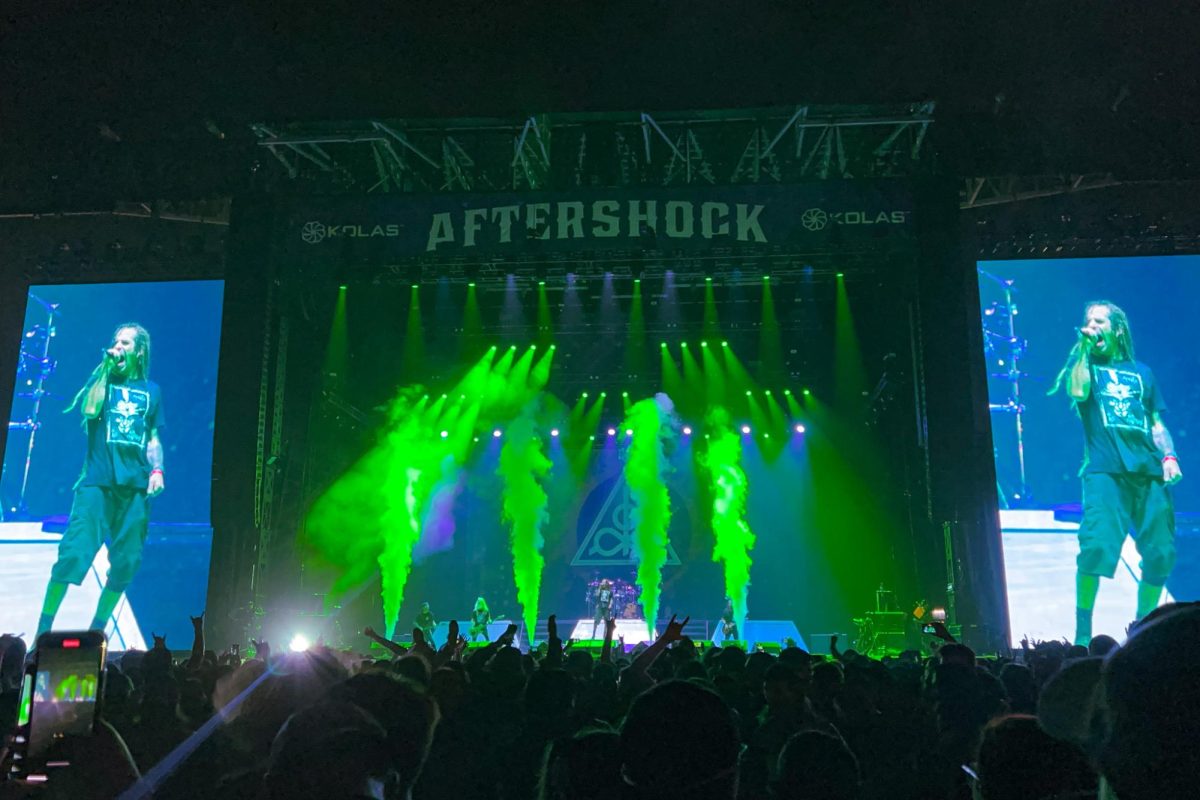









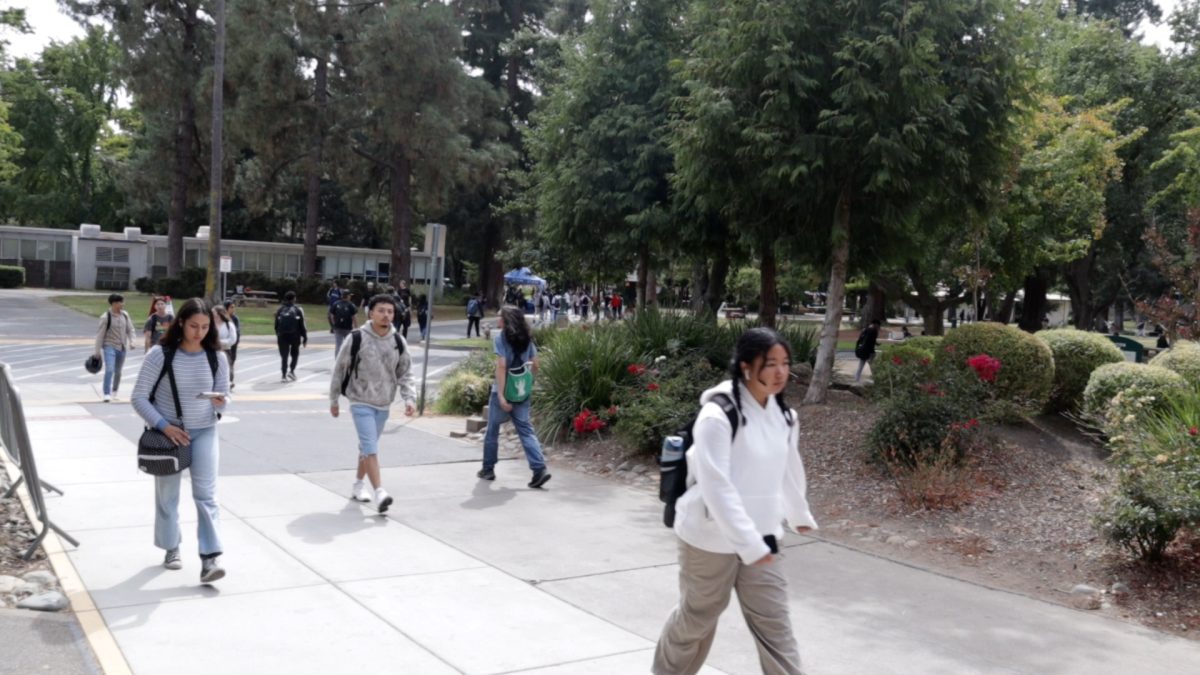
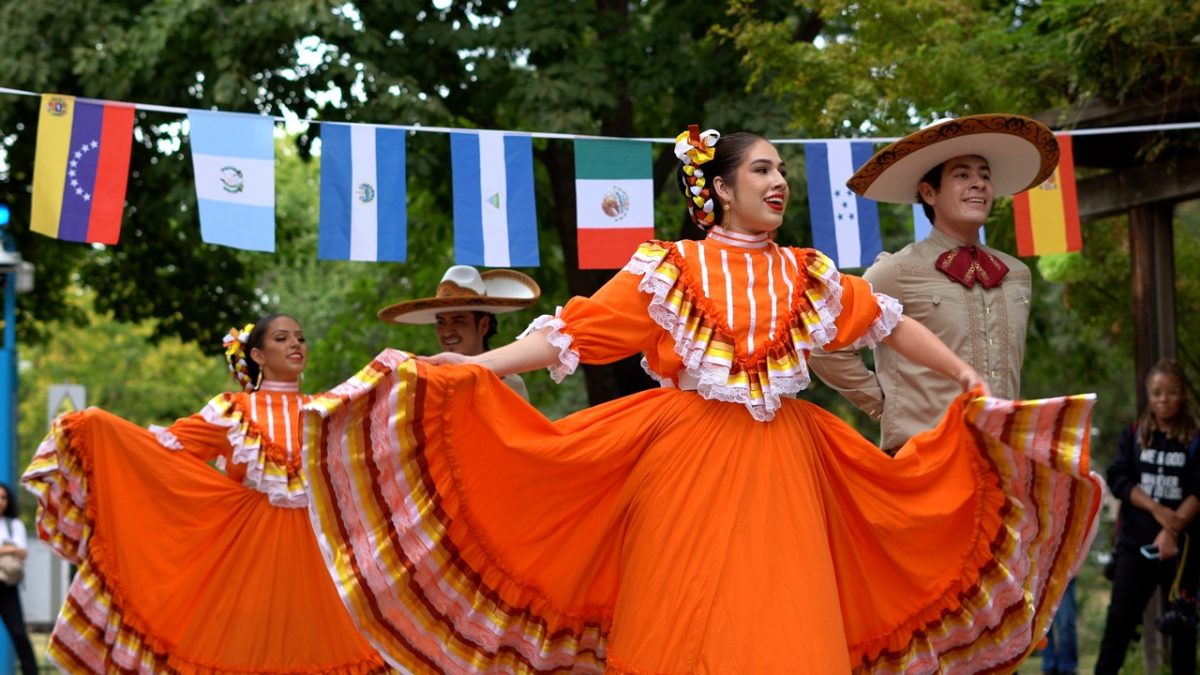



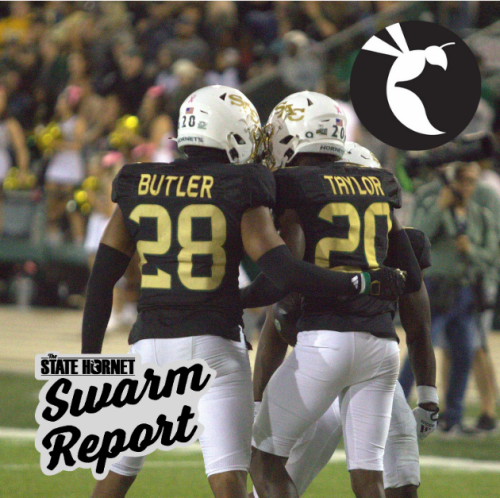
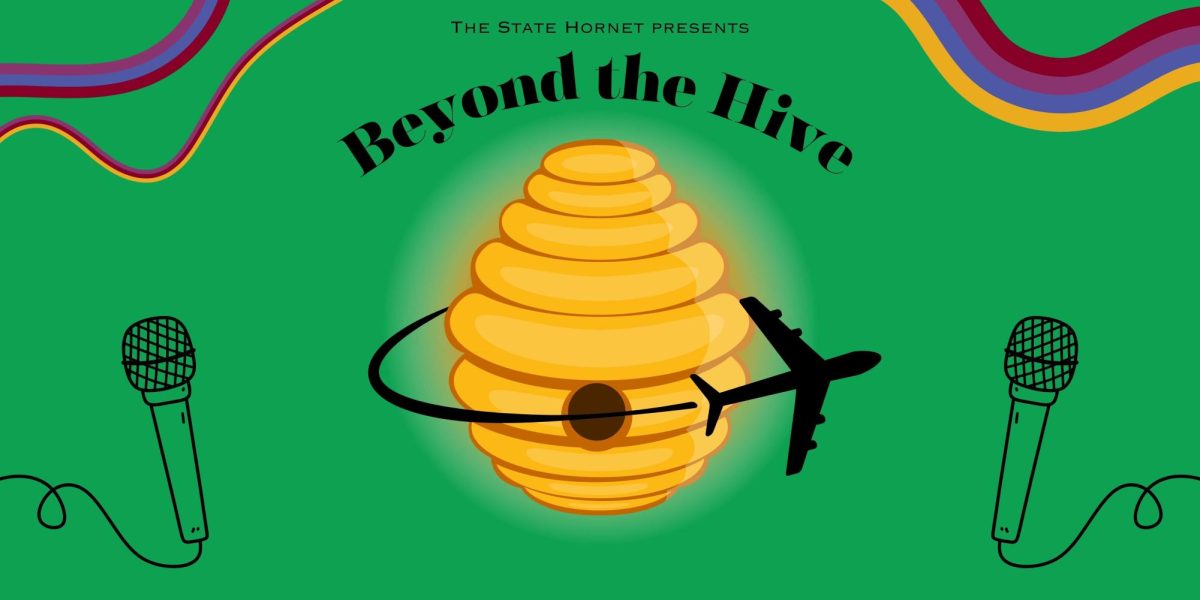

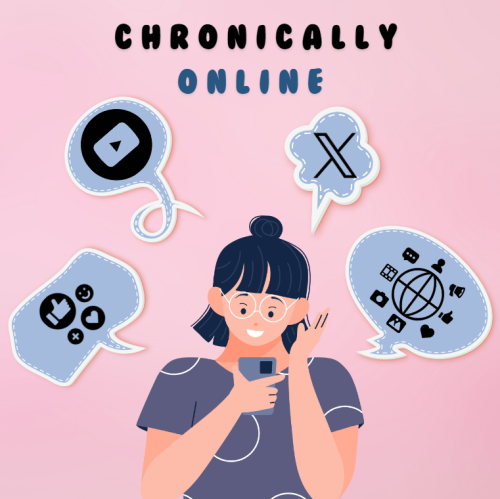
















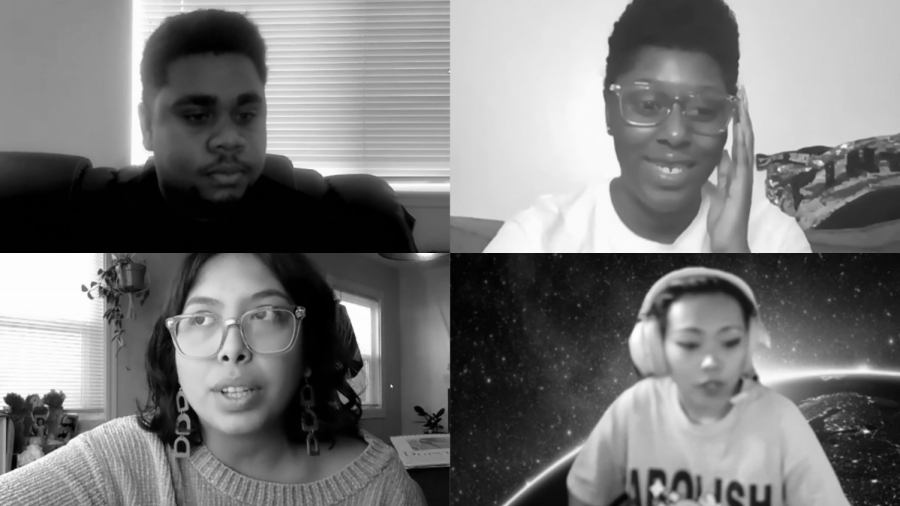
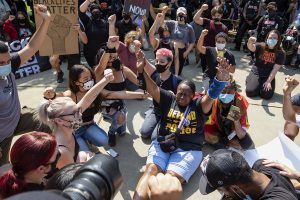
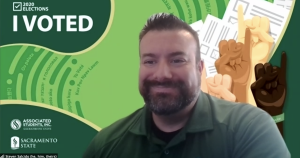
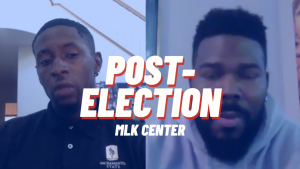



howard smith • Nov 13, 2020 at 5:55 am
Be fair………it is not lawful to destroy property or kill police …..justice for all…..love overcomes…yes Jesus loves you and overcame death that you might live and be free. John 3:16.
Charly Wiliamse • Nov 10, 2020 at 6:48 am
totally agree with student views